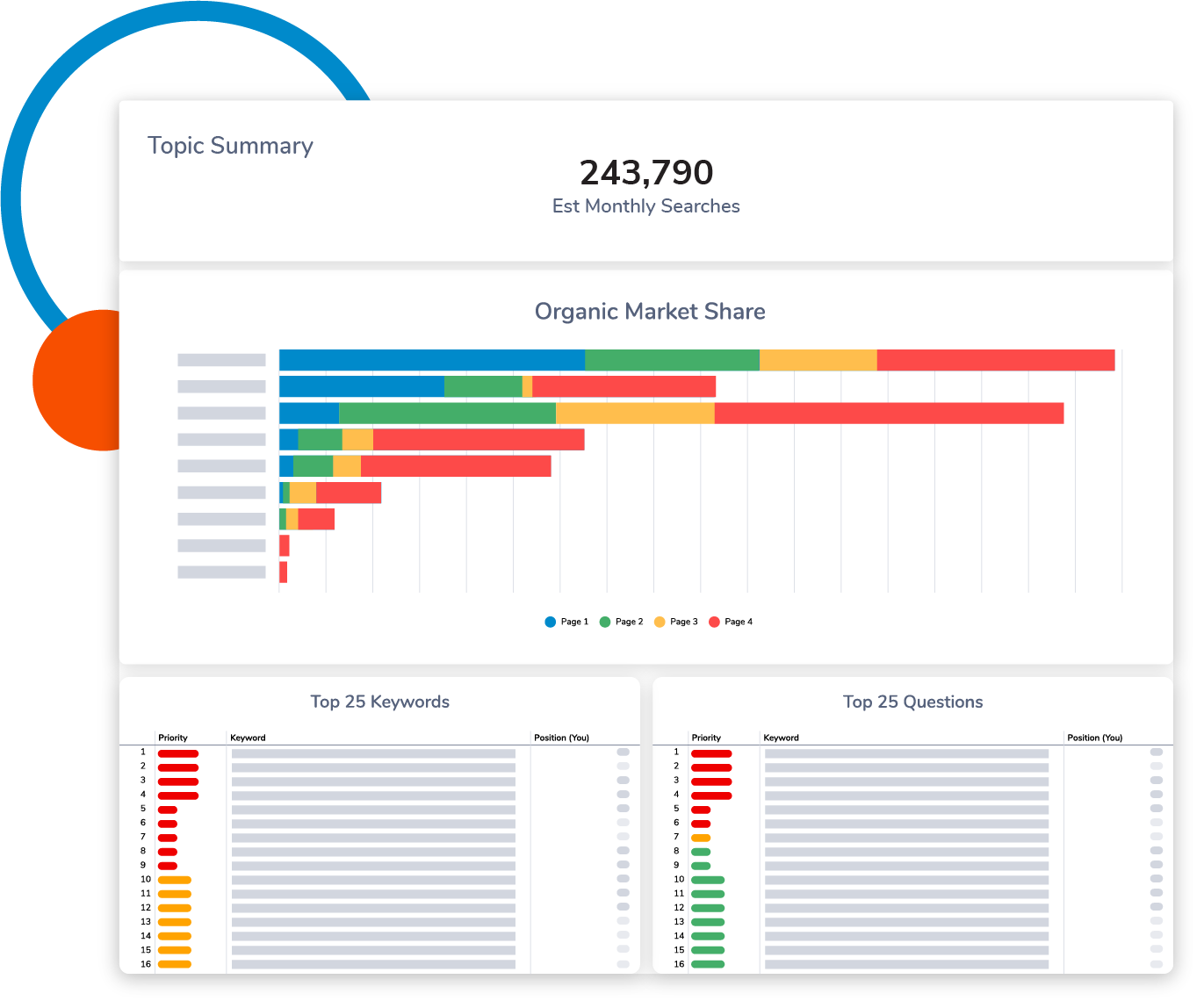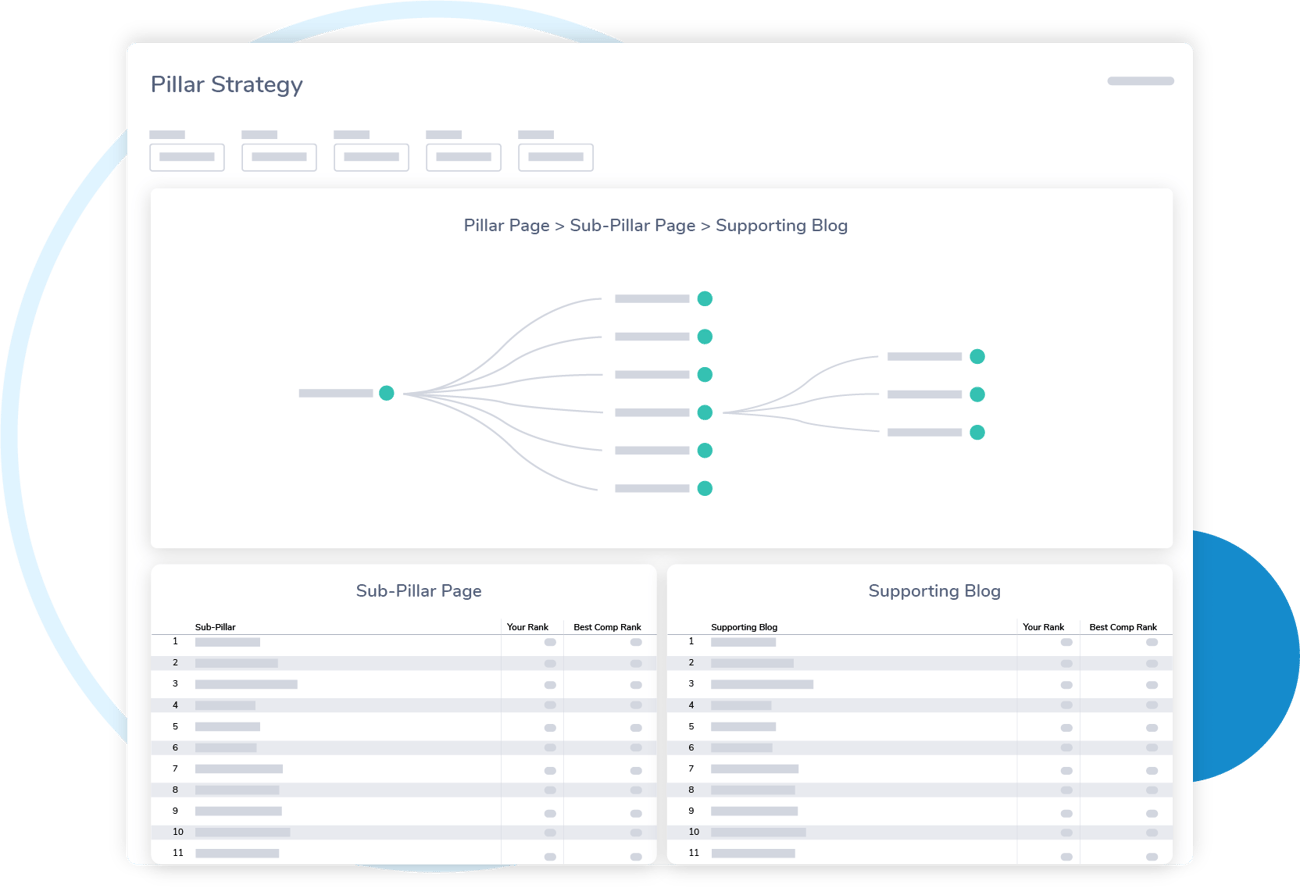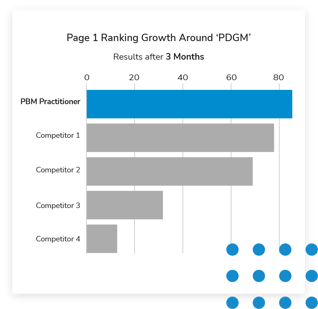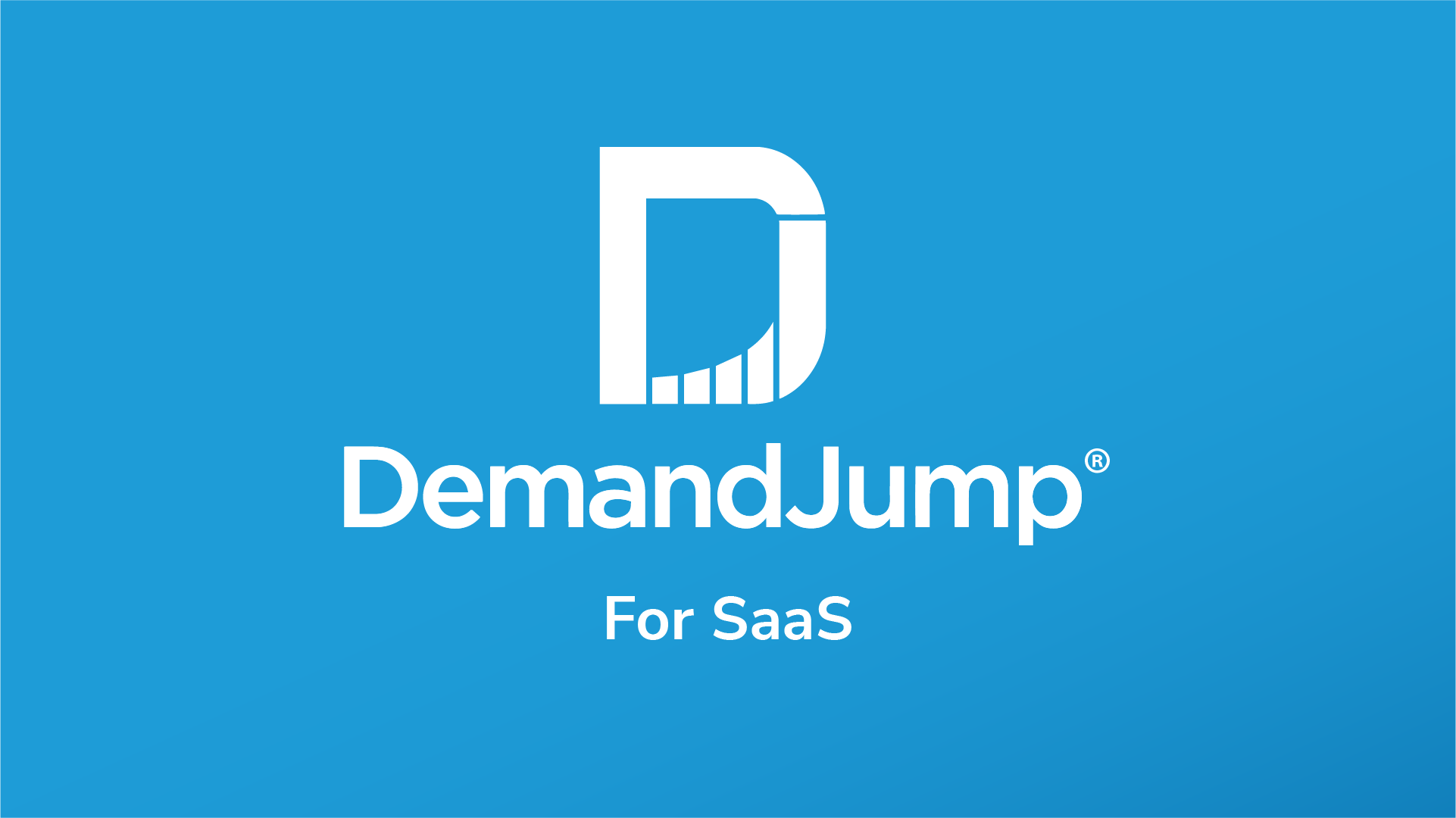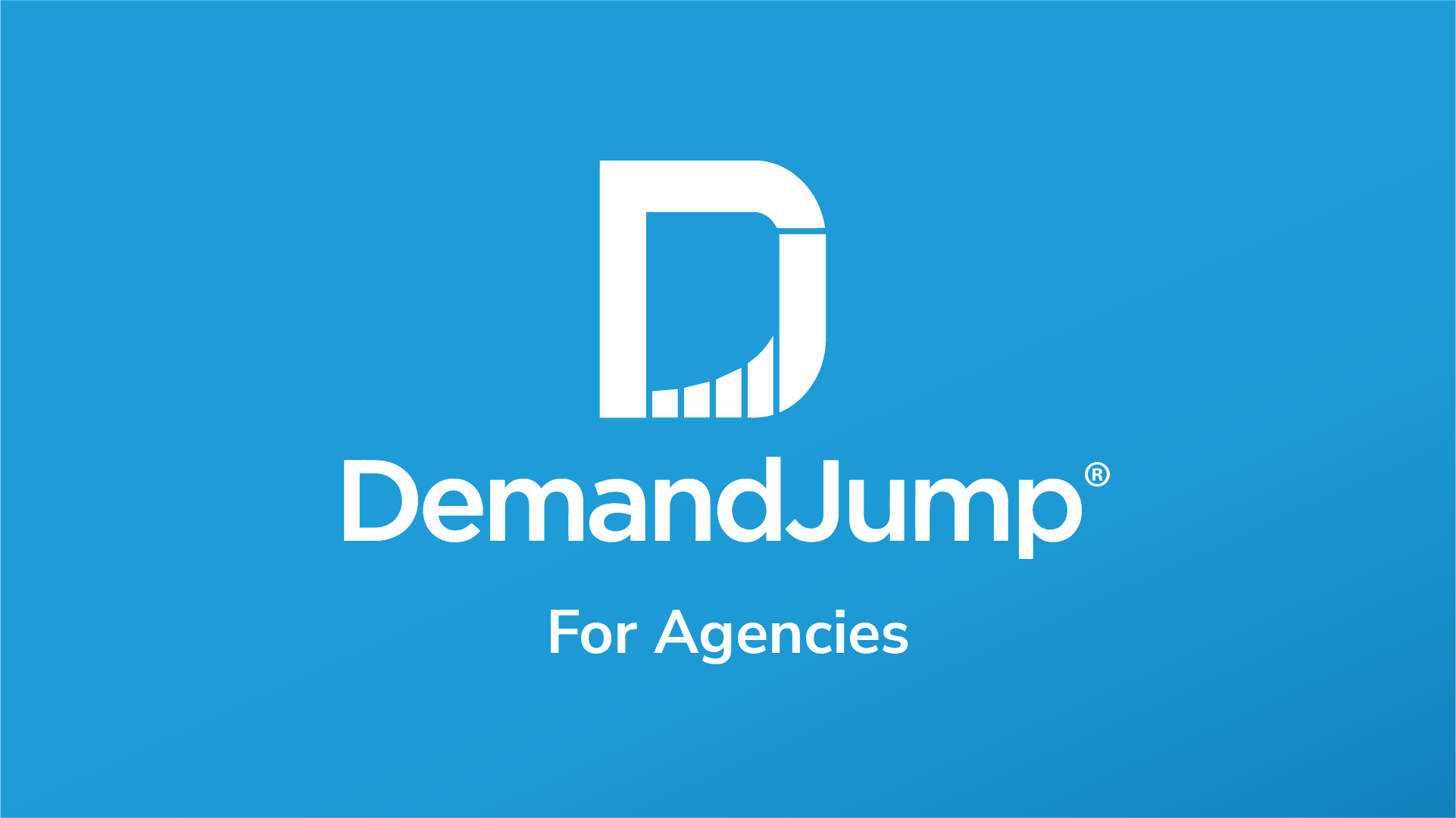At DemandJump, we encounter it all the time, companies feeling like they’re throwing their marketing dollars down the drain. They’re unsure whether their efforts are truly leading to positive outcomes, which makes it tough for them to know what they should be doing as they move forward. This is, of course, an oversimplification. In reality, several types of anxiety surround Software-as-a-Service, or SaaS marketing, like:
- Quantifying the ROI of your past and present marketing strategies.
- Defining who, exactly, represents your ideal customer profile.
- Developing targeted strategies to attract and engage prospects.
Content marketing is one of the most powerful tools in an organization’s toolbox. And there are two main approaches to SaaS content marketing, either:
- Relying on in-house tools and personnel to develop and implement effective strategies.
- Partnering with a content marketing agency, who can do a lot of the heavy lifting (like content creation and strategy) while your team brings industry and subject matter expertise to the table.
So, should you be thinking about hiring a content marketing agency to help you grow your business, or can you get by with your in-house tools and personnel? To help you determine the right path for your business, we’ve put together this handy guide to SaaS content marketing agencies.
What Is Content Marketing?
Content marketing is a specific type of marketing strategy that’s organized around creating, sharing, and promoting high-quality, informative content that educates and engages potential customers. It’s a modern approach to marketing that prioritizes being helpful and understanding (and addressing) a B2B organization’s pain points as they evaluate solutions.
You most likely didn’t come across this article by accident. You may have simply Googled something like what is content marketing as an initial step to understand what it consists of and explore whether you should work with an agency. Knowing that this is a common search (it just so happens that DemandJump makes it easy to see exactly what customers are looking for), we put this piece together for two reasons:
- To provide you, someone who might be interested in becoming a DemandJump customer, with the kind of high-quality information you can use to make well-informed decisions about marketing strategies and budgets.
- To establish credibility, build trust, and then (hopefully) convert prospects into happy customers who see real results.
First, we’ll explore the general principles and components of effective SaaS content marketing, and then we’ll discuss how working with a content marketing agency might be right for you.
How Does Content Marketing Work?
A good SaaS content marketing strategy builds value at each stage of the customer journey and buying process. In other words, it’s an effective way to attract and engage prospects and develop long-term, loyal relationships.
Your basic content marketing framework should be designed to help guide customers through the marketing funnel’s three key stages: Awareness, Consideration, and Purchase.

When content marketing is done right, it’s the content itself that does a lot of the heavy lifting. To see how one compelling piece of content can drive positive marketing results, here’s an example:
- Let’s say you run a B2B SaaS company that sells cloud-based contact center software. Your customer—in this example, we’ll say it’s a contact center manager or IT director—recognizes an issue or pain point in their organization. Maybe they’re having trouble zeroing in on the right metrics for evaluating their agents.
- This manager or director then heads to Google, and starts searching some of the questions in their brain. Maybe they start with something like “What are the most important contact center metrics?”
- When Google returns the search results, a blog published on your website (“Must-Have Contact Center Metrics for Success”) comes up as one of the top few non-paid results.
- The customer reads your blog and learns about the most popular and meaningful metrics to track. By the time they reach the end of the post, they have a good idea of what they should be tracking, but they’re now wondering how.
- Luckily, your blog included a clear and compelling call to action (CTA) at the end, so the customer can click on a link to talk to a salesperson or schedule a demo. The customer feels inclined to click this link because the article they read wasn’t overly salesy. It provided great information, though, which leads the customer to trust your company’s credibility and intentions.
- The customer becomes a prospect, and can then be nurtured through the rest of the buying journey.
Why Is Content Marketing Important for SaaS Companies?
For SaaS companies, content marketing is the most direct method for connecting with prospects and their pain points, building trust for your brand, and positioning your product as something that is truly needed.
Since SaaS companies typically work within a shorter sales cycle—and because a SaaS product’s intangibility can make it difficult to market—it’s important to get content marketing right. When SaaS companies leverage content marketing well, they’re doing much more than just getting clicks. In fact, they are:
- Helping potential buyers understand their pain points, including root cause(s) and impact.
- Providing informative content about potential solutions to specific pain points.
- Generating and growing awareness around their product(s) and/or service(s).
- Discovering and connecting with high-quality prospects that either align with or help refine ideal customer profiles.
- Tracking customers along their buying journey and connecting with them when they need you the most.
- Building trust in the company as well as its product(s) and/or service(s).
The Importance of Helpful Content
The other major reason why content marketing is crucial for SaaS companies relates to how Google and other search engines understand web content. Overall, Google has done a nice job of tweaking their algorithms over time, in order to more consistently provide well-written, genuinely helpful (as opposed to overly salesy, keyword-stuffed) content. In simple terms, Google’s update (late 2022) is designed to “focus on people-first content.” What does that mean for content marketers? Here’s how Google describes this important update:
The helpful content update aims to better reward content where visitors feel they've had a satisfying experience, while content that doesn't meet a visitor's expectations won't perform as well.
Ultimately, this update encourages (and rewards) brands for things like:
- Using language that is clearly written by—and for—real humans, not just search engines.
- Producing a variety of content and content types, like infographics, blogs, or videos.
- Publishing content that is of an appropriate complexity for the topic, industry, or audience.
- Prioritizing high-quality, accurate information over explicit marketing.
Even prior to Google’s helpful content updates, DemandJump was looking for a new approach to SaaS marketing. From these efforts, Pillar-Based Marketing (PBM) was born. The idea behind PBM is simple: create, publish, and promote a network or cluster of great content. When your ideal customers search for solutions to their pain points and land on your website, you can educate them and then nudge them toward your organization’s solution. Not only does this method build trust, but it also gets our customers to rank on page one.
What Are the Components of B2B SaaS Content Marketing?
When developing your content marketing strategy, there are six key components:
- Content Strategy. Without clear objectives and a well-defined strategy to achieve them, the life of a content marketer can be stressful, difficult, and unfulfilling. You can keep churning content out, and may even have some moderate success, but a great content strategy will help ensure that your efforts pay off (literally). For best results, keep your objectives specific, measurable, achievable, relevant, and timely (SMART).
- Content Creation. Next, it’s time to begin creating and publishing content. As much as possible, it should be tailored to your ideal customer profile(s) and demonstrate an understanding of the types of pain points they’re experiencing. This builds credibility and trust, which form the foundation for positive and productive customer relationships.
- Content Optimization. There are a number of different strategies a content marketer might employ to help ensure that your content gets seen by potential customers. One of the greatest opportunities—search engine optimization, or SEO—relies on keyword research to help your content move to page one of your customers’ search results.
- Content Distribution. While SEO tactics can help increase your organic website traffic, you should also use the different weapons at your disposal to actively promote the content once it’s been published. You might consider an outbound email campaign, for example, or sharing individual pieces of content on social media.
- Content Repurposing. In the context of content marketing, “repurposing” existing pieces can help them maintain their (hopefully) high position on search engine results pages (SERPs). A few tactics for content repurposing include reformatting across different media types, breaking large content into smaller pieces (or vice versa), and pursuing syndication opportunities with reputable industry names or publications.
- Content Maintenance. Content maintenance helps ensure that outdated content doesn’t compromise how Google crawls and evaluates your website. In the content marketing industry, this relates to the idea of “evergreen” content, or content that is just as helpful and relevant today as it was when originally published. It’s worth auditing older content routinely to identify inaccuracies or contradictions before they can impact your credibility and your customers’ trust.
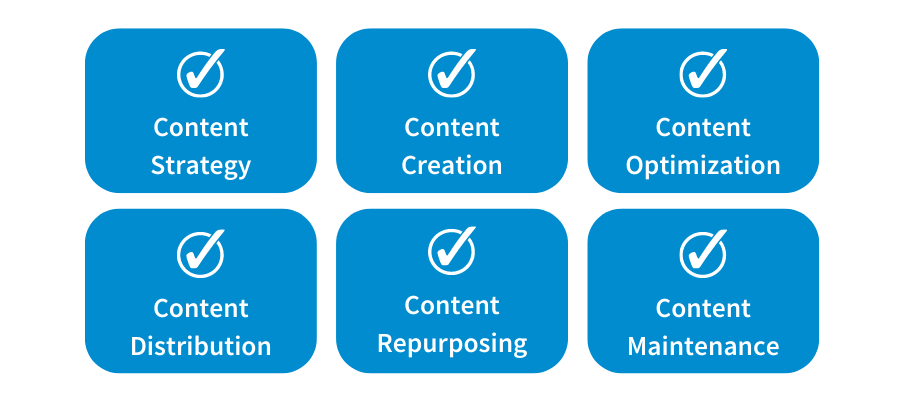
Now, if this all sounds like a lot…don’t worry! If you don’t have the in-house personnel and resources to devote to effective B2B content marketing, then you might be interested in working with a content marketing agency. Next, let’s look at exactly what you can expect from an agency.
What Is a Content Marketing Agency?
A B2B content marketing agency is an organization that companies can work with for content creation and strategy development. They’ll apply their expertise to help engage customers and increase brand awareness for your company, so you can remain focused on other areas of the business.
What Does a Content Marketing Agency Do?
Content marketing agency services help businesses develop and execute effective strategies to:
- Provide content marketing services and expertise.
- Develop content creation and promotion plans that align with your objectives.
- Increase brand awareness by improving your position within SERPs.
- Lower costs by eliminating the need to hire one or more in-house writers and content marketing professionals.
- Introduce fresh perspectives related to ideal customer profiles and marketing campaigns
- Save time for in-house personnel, so they can continue to focus on their areas of expertise.
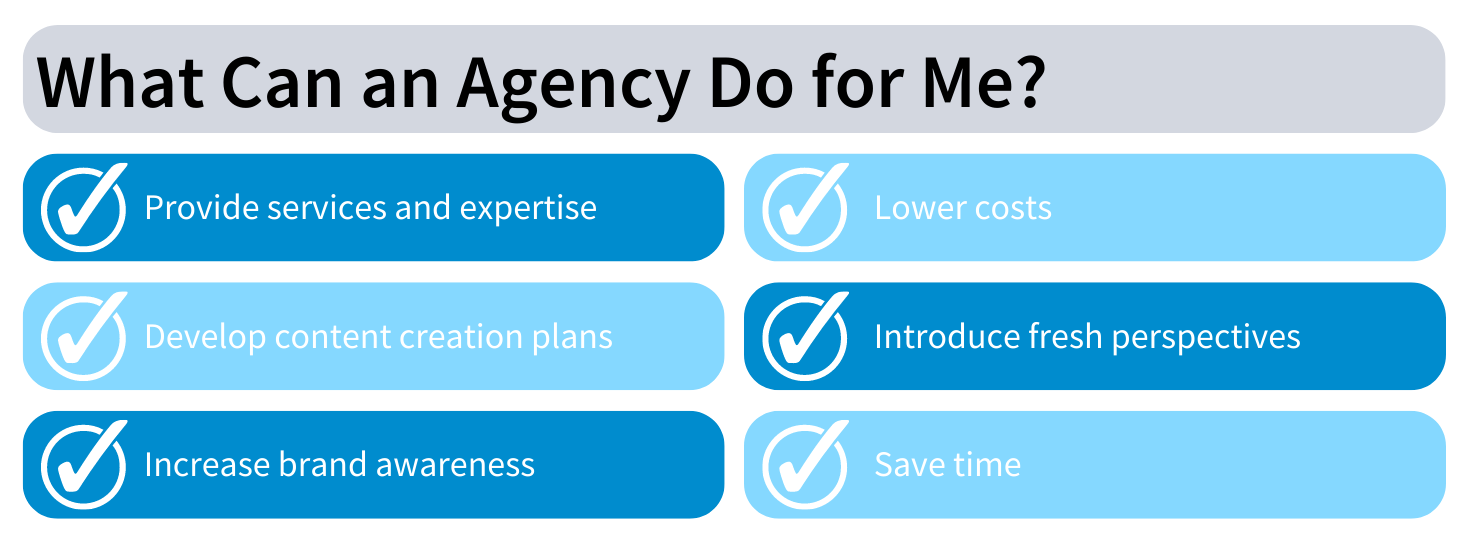
What Are the Content Writing Services an Agency Can Provide?
It’s important to distinguish between a content writing agency and a content marketing agency:
- A content writing agency focuses on SEO-driven content creation services. A content writing agency might create things like website copy, social media posts, whitepapers, infographics, and more. When you work with a content writing agency, you’ll still need in-house personnel on your marketing team to define and drive overarching strategies.
- A content marketing agency focuses more on the marketing side of “content marketing,” and may or may not provide content services (like writing blogs and social media posts). Content marketing agency services will vary from one organization to the next. Some agencies specialize in coming up with content ideas for SaaS companies, for example. But their real expertise and greatest value lies in developing content and promotion strategies, considerations for additional marketing services, and more.
Does DemandJump Offer Content Marketing Agency Services?
DemandJump helps SaaS companies to better understand their clients’ ideal customers and form positive partnerships. The biggest features in our arsenal include:
- Our platform, which makes deep, actionable data accessible and easy to understand.
- Our expertise and advisory services in all things content marketing and SEO, as well as Pillar-Based Marketing’s proven track record. We also offer SEO content writing services.
- Our results, which consistently help our clients to see tangible, substantial improvement in their outcomes—like lead generation and conversion, moving up in search rankings for increased traffic, and so on.
Our platform demystifies keyword research and content planning. If you’ve ever wondered about what kinds of questions your target customers might have, for example, you can see that in just a few clicks. You can even input your competitors, to gain insight into where you stand.
Beyond our Topic Insights reporting, our one-click Content Briefs provide a list of relevant keywords and questions that represent customers’ genuine, actual searches. This way, you can write content that clearly addresses those concerns and answers any questions they might have. This builds trust, increasing the chance that they will consider doing business with you in the future.
Go ahead and click the free button to start exploring the platform (for free), so you can:
- See what keywords and questions your customers are searching for.
- Save time and resources in keyword research and content planning and production efforts.
- Outrank your competitors with high-quality thought leadership and other types of content.
